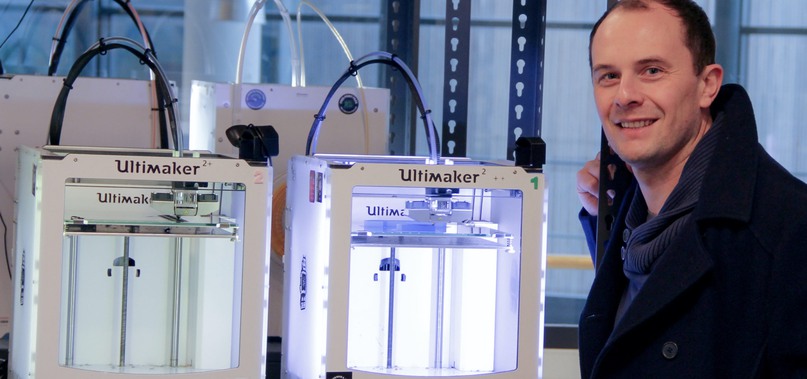BTH researchers to head global interest group

BTH researcher and associate professor Marco Bertoni, is to head a global special interest group in Product-Service Systems research. Its objective is to facilitate the mutual interaction between the community of design researchers and industry.
BTH researchers Marco Bertoni and Tobias Larsson are now the chairs of a new Special Interest Group with focus on Product-Service Systems (PSS). The group is part of the Design Society, an interdisciplinary community of academics and industry practitioners sharing the goal of developing and promoting a robust, usable and scalable means of designing complex solutions for future sustainable and globalised societies.
– The group is a community which brings together individuals and groups with a shared interest in advancing the discipline of Product-Service Systems design, Marco Bertoni explains.
The topic of PSS design has gathered plentiful interest in the research community in the last few years. Integrating traditional product-based offers with value-added services is appealing to better fulfil customer demands, improve sales, be competitive in dynamic markets and meet sustainability targets.
– We see many successful examples in industry, yet we see even more companies that struggle to shift from traditional one-sale models to PSS. There are many challenges accompanying this transition, Marco says. Through shared knowledge and networking, the group will raise understanding of theories, methods and tools for PSS design. Furthermore, it will support the dissemination of experiences and lessons learned from industrial implementations.
This new Special Interest Group plans to organize workshops at major Design Society events, as a means to raise the level of understanding of the ‘PSS design’ issue.
– Starting this autumn, we will host a webinar series with academic experts and practitioners to share PSS know-how, know-who and know-why with the broader research community. Another goal for us is to organize spring schools, boot camps and tutorials for students and young researchers, Marco Bertoni concludes.
26 March 2020